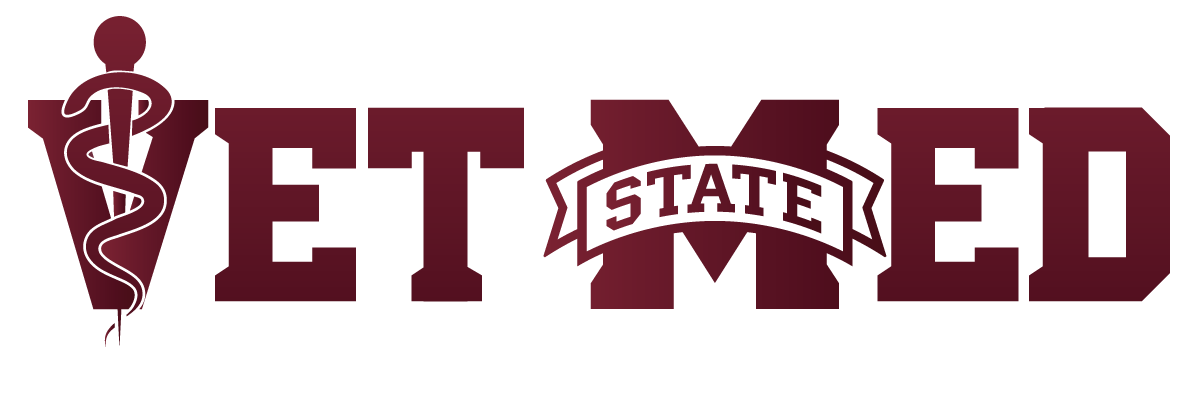Listen to an Interview With Dr. Skip Jack on the Vet Med Cast
If you’ve spent much time around MSU CVM, chances are you’ve crossed paths with Dr. Skip Jack. Since 1989, he has left a lasting impression on generations of veterinary students, not only through his teaching and research in pathology and his expertise in wildlife and aquaculture medicine but also through his warm smile and joyful spirit.
“I came out of Maryland in the late ‘70s,” Jack said. “Back then, Maryland didn’t have its own vet school. They had contracts with other schools-- Ohio State and Georgia-- and it rotated. I wound up going to Ohio State for veterinary school, practiced in Maryland for a couple of years, and started a family. But I was in private practice and never saw my son for more than two hours a day. That was my wake-up call.”
Determined to make a change, Jack returned to school to pursue a PhD and residency in pathology at Purdue. Upon completing the program in 1988, he began interviewing for academic positions around the country.
“I was at Purdue thinking, well, now what?” he said. “When out of the blue, I got a cold call from Dr. Bill Maslin, a pathologist at Mississippi State. He said, ‘Would you consider coming here?’ And, I actually said, ‘Does Mississippi State have a vet school?’”
They did. And by February 1989, Jack and his wife had moved to Starkville.
“We told ourselves, ‘We’ll stay here for a couple of years, and then we’ll move on to a real vet school.’ And here we are, 36 years later,” he said.
Originally hired as a pathologist, Jack’s role quickly changed in many ways. The fish health team at MSU came calling.
“They asked if I could read slides for them,” he said. “I told them I didn’t know anything about fish diseases, but I could read slides, and nucleated red blood cells didn’t scare me.”
Birds, reptiles, and fish all have red blood cells with nuclei, unlike mammals. For many pathologists, that detail adds complexity to diagnosing diseases. But for Jack, it became a fascinating challenge, one that sparked an interest in aquatic and wildlife health.
He spent several years with a split appointment between the CVM and the College of Forest Resources, teaching wildlife diseases and helping the CFR train wildlife professionals on how to avoid zoonotic diseases, those transmissible from animals to humans.
“It was all a part of the One Health idea,” he explained. Understanding how we intersect with animals and the environment is key.”
Though he jokes that his stethoscope hasn’t seen the light of day in years, Jack takes his role in the aquaculture industry seriously.
“In Mississippi, fish are food animals,” he said. “It always surprises people when I say I’m in the Food Animal Department. They assume I work with cattle or swine, but it’s fish.”
Jack helps diagnose and prevent diseases in species like catfish, working to support one of Mississippi’s most important agricultural industries.
“Fish are really good at hiding illness. In nature, if you look weak, you get eaten. That same behavior can make it tough to catch diseases early, even in an aquarium,” he said.
Jack added that understanding fish physiology is also a unique challenge. “From water quality, the different ways fresh water and saltwater to how the cells in their gills actually reverse polarity depending on the environment, fish are incredible,” he said.
Jack’s love for zoologic medicine started early thanks to an elective in vet school and an externship at the San Diego Zoo.
Looking back, he credits much of his career to people who took a chance on him or pointed him in the right direction.
"My pre-vet advisor told me that I needed large animal experience and handed me three phone numbers,” he said. “That changed everything.”
For almost three decades, he has brought that same mentorship to the students who sit in his classroom and learn in his lab at MSU CVM.
“I say all the time that this profession lets you be a doctor for every species except one,” Jack said. “But even then, with One Health, we are connected.”
After 35 years in the profession, Dr. Skip Jack is retiring as of March 24, 2025, and he has no shortage of stories or impact. From Maryland to Mississippi, from centrifuges to catfish, his legacy is one for the books at Mississippi State University’s College of Veterinary Medicine.
